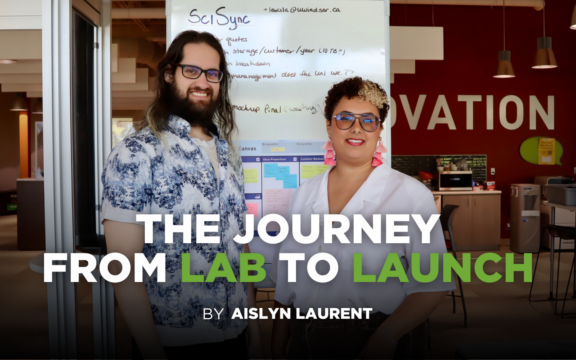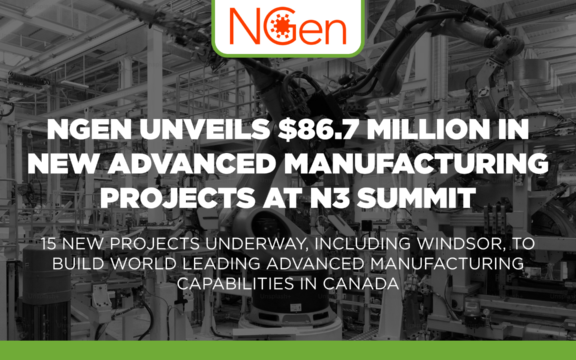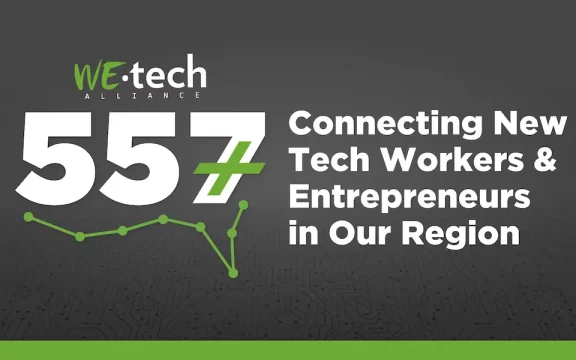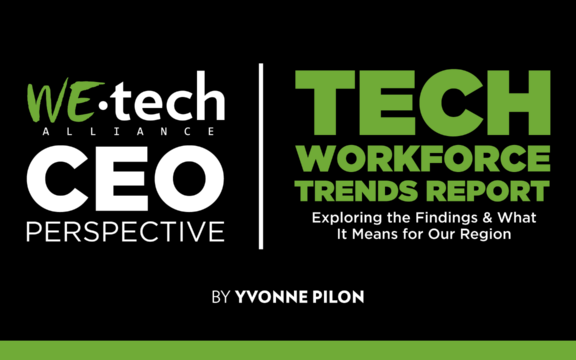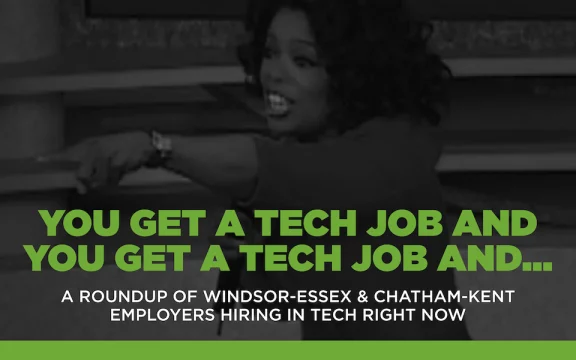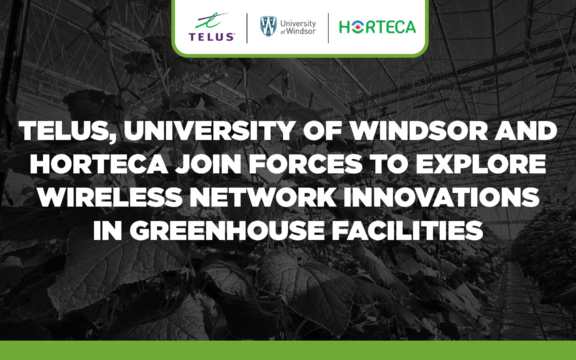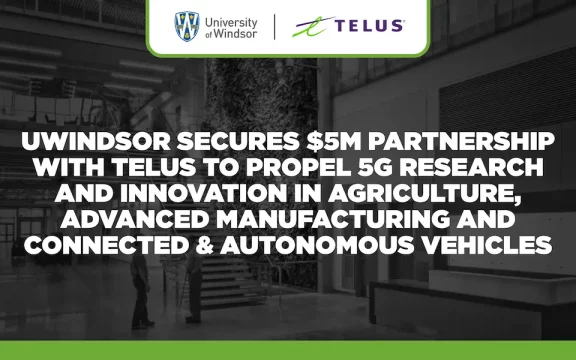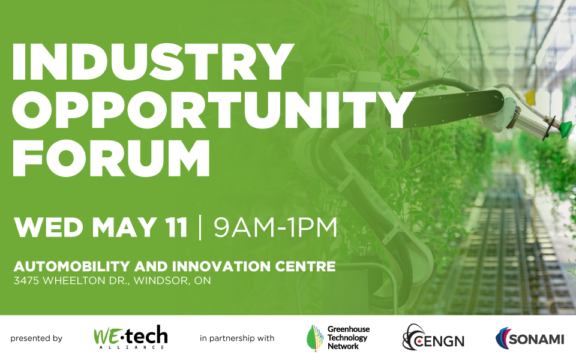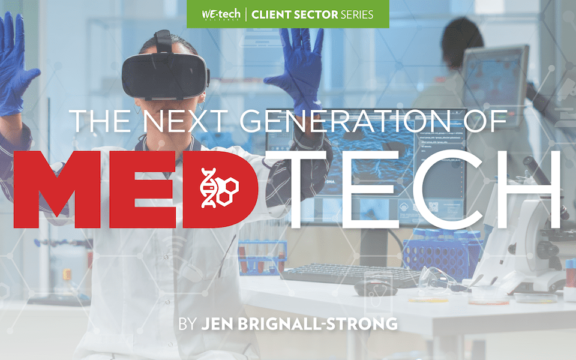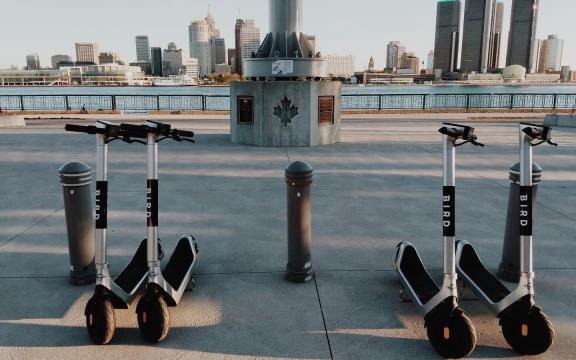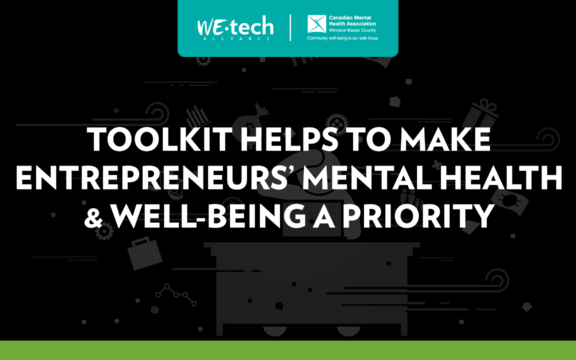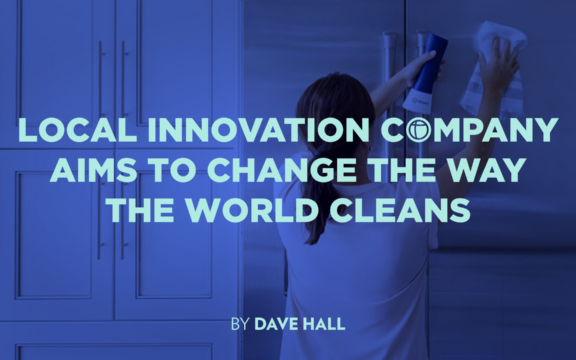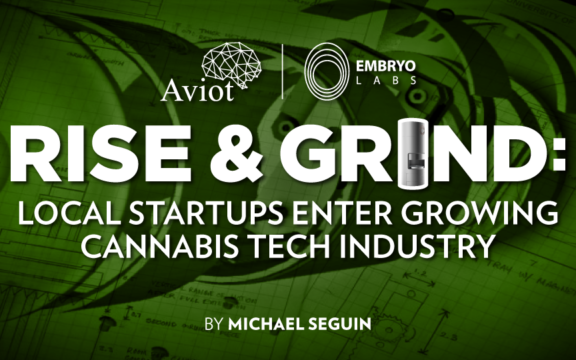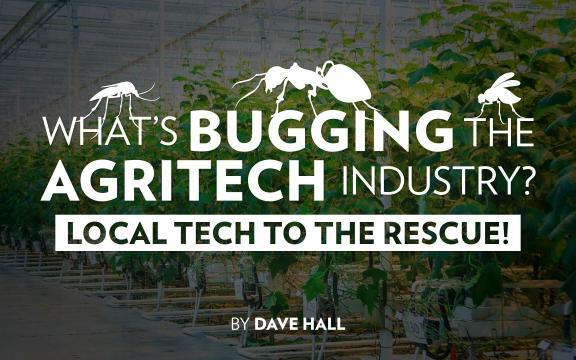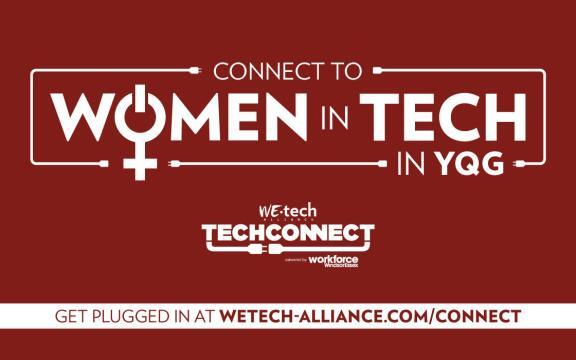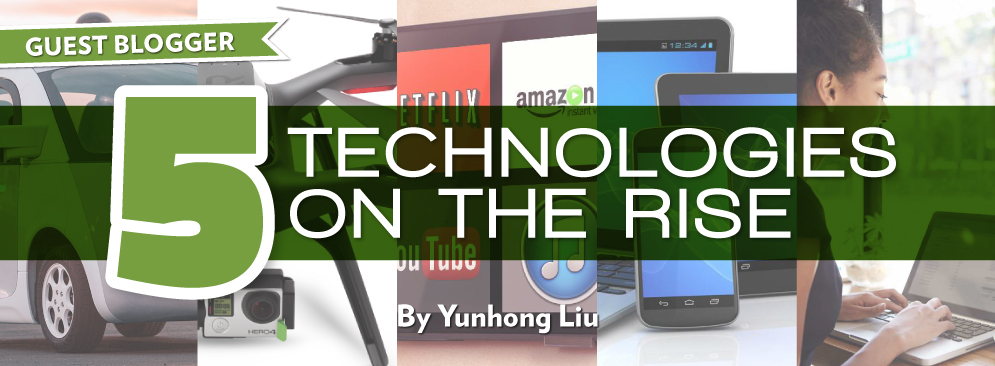
By Yunhong Liu
Technology changes so quickly that it can be difficult to keep up. However, it’s worth keeping track of significant advances that have the potential to change society. Here are five technologies worth keeping an eye on.
Self-Driving Cars
Self-driving cars have the potential to save lives, and commutes from the suburbs are far more tolerable when passengers can read, access the internet or even sleep while en route. Investment in self-driving technology is high, and many manufacturers have plans to put vehicles on the road within a few years. Self-driving automobiles might even encourage people to move to more suburban locations as the hassles of having to drive long distances become less pronounced. While it might be some time before self-driving cars revolutionize driving, the process is slated to start soon.
Drones
Drones have advanced significantly over the years, and their easy use and capabilities promise to impact many fields. Drones have already supplanted aircraft in several settings; those needing pictures of areas for construction or other tasks, for example, have largely moved to drone-taken pictures. Law enforcement agencies are also taking advantage of drones. Whether used for business, government or recreational purposes, drones are going to continue affecting society.
Streaming Content
YouTube, Netflix and other streaming services are already sending countless hours of video per day, but streaming content is still on the rise. Traditional television still dominates, but cable stations and other outlets are transitioning to online streaming quickly. It might still be some time before most people cancel their cable plans, but the versatility of online streaming makes it the clear path forward. Furthermore, sharing content has never been cheaper, and people who would have no chance at landing a television show can break through online.
Computing Paradigms
The nature of computing is likely to change in the future as well. Even budget smartphones offer significantly more processing power than computers from five or ten years ago, and slowing upgrade cycles demonstrate that users don’t require all the power of modern processors. While Chromebooks and tablets are already closing the gap between typical computers and smart devices, this trend is likely to accelerate in the future. Instead of having a desktop or laptop along with a smartphone, people in the future might instead opt for smartphones that plug into a monitor and keyboard. Kiosks can offer workstations for people to use with their smartphones, enabling them to easily work away from home. These changes have the potential to transform computing.
Telecommuting
Fast internet speeds and sophisticated software mean that there’s little reason for many employees to show up at a daily basis. Collaborative software lets employees work together even if they’re physically far apart, and communication programs mean that traditional meetings aren’t always necessary. Workers who don’t want to deal with commutes can avoid spending hours per week on the road. While there are still benefits to having employees show up, these benefits are becoming less important.
Technology continues to advance at a fast pace, and it can be difficult to predict how these technologies will affect society. While these differences sometimes occur more slowly than predicted, there’s little doubt that they will change how people live.
Yunhong Liu is the founder of We Talk UAV, a new drone community and news site launching later this year.





